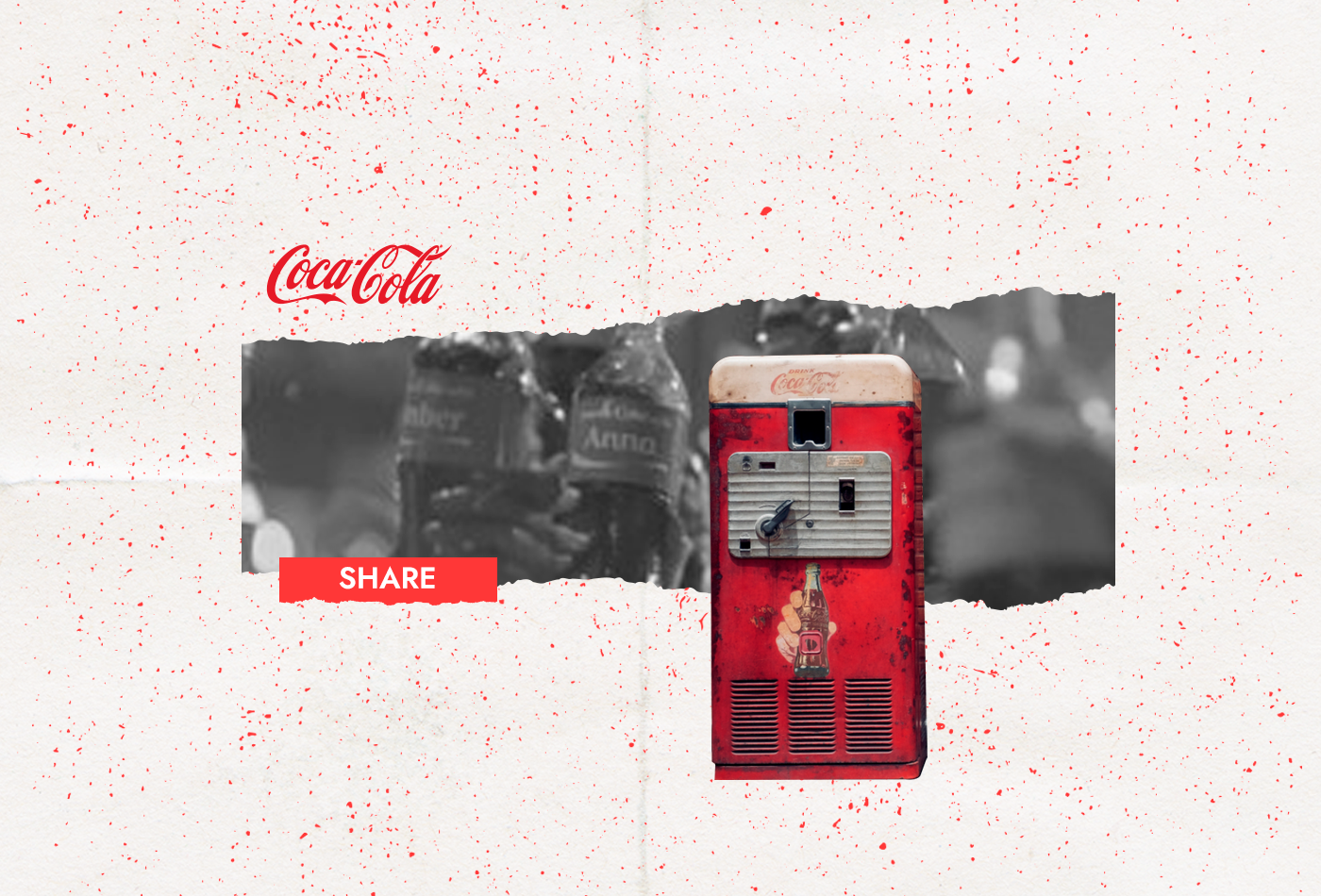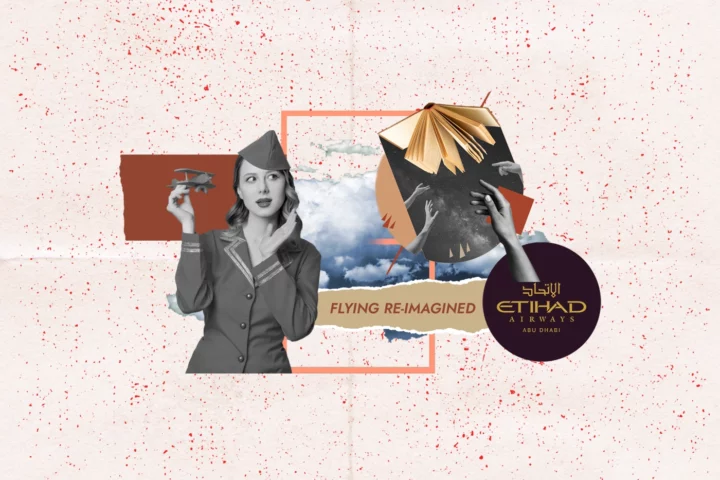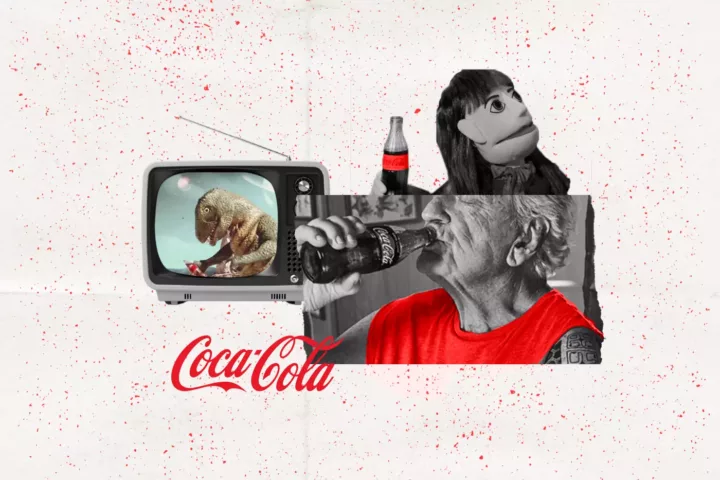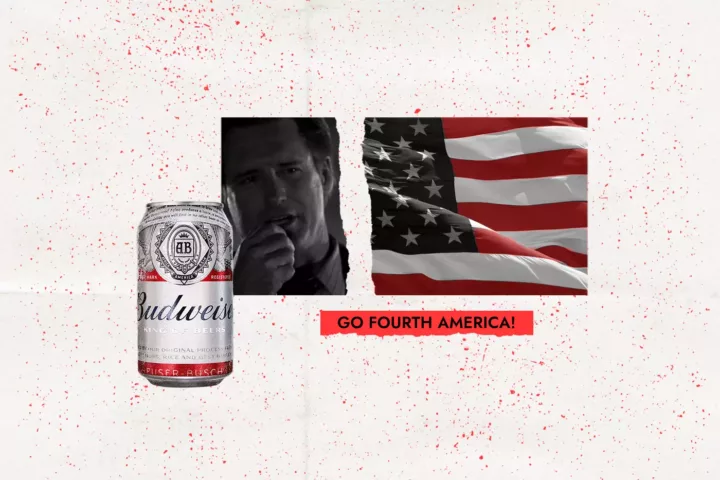What started as an Australia specific campaign in 2011 quickly went global to become one of the most successful campaigns we’ve seen in recent years. For the Share a Coke campaign, Coca-Cola replaced its iconic logo with 250 of the most popular names in a country.
Created by Ogilvy & Mather Sydney, the campaign was a multimedia effort that included TV adverts, social media marketing, billboards and personalised ‘tours’ where participants could have their own custom bottle made.
All of the bottles featured the ‘ShareACoke’ hashtag and prompted customers to post photos of the bottles containing their names on social media.
Prominent Reasons behind the Campaign’s Success
Consumers Built a Personalised Connection With the Brand:

Source: Coca Cola
By dropping the logo and replacing it with people’s names, Coca-Cola decided to put the customers forward instead of promoting their brand. This ingenious move helped Coca-Cola’s customers to build a stronger connection with the company.
Moreover, the personalisation was an incentive for people who were exposed to the campaign through social media or TV adverts to buy a coke with their name. Moreover, Coca Cola also invited its fans on tours to create their own custom Coca-Cola cans.
Encouraged Fans to Share Online Posts:

Source: Twitter
The personalised branding of Coca-Cola’s bottles encouraged its customers to share photos of the bottles with their names. We saw tons of people sharing their photos of their cokes with friends and family on social media.
The branding along with the ShareACoke hashtag ensured that a wealth of user-generated content flooded social media and provided free publicity to the company.
The Name was a Powerful Call to Action:

Source: Coca Cola
The ‘Share a Coke’ slogan has a strong call to action in the name itself. The catchy slogan not only acts as a motivator to purchase a coke, but it also encourages people to buy multiple cokes and share them with their closed ones.
The Campaign’s Impact on Coca Cola
Fascinated by Share A Coke’s unique take on personalisation, marketing research firm YouGov decided to conduct a study. The firm hoped to learn the reason behind the campaign’s success and tried to quantify it. Here are some of the results from the study :
- Consumer perception substantially improved on almost all measures for people exposed to the ads through various marketing mediums.
- People who saw the ads in the age group of 18-24 viewed Coca Cola in a much more positive light than others who didn’t watch the ads.
- Consumers exposed to the campaign on Facebook displayed an impressive improvement of up to 18 per cent on their perception of Coca-Cola, Diet Coke and Coke Zero.
- Respondents exposed to the campaign on social media viewed Coca-Cola in a substantially positive light than the nationally-representative sample.
Results From other Sources
- In the United States, the campaign increased sales by more than 2%, reversing a decade long decline in Coke consumption.
- The campaign won multiple awards at the Creative Effectiveness Lion Awards at Cannes.
- More than 500,000 photos were posted via the #ShareaCoke hashtag within the first year. Coca-Cola also gained roughly 25 million new Facebook followers in the same year.
- In Australia, advertising agency Ogilvy estimated that the campaign increased Coke’s category share by 4% and increased consumption by young adults by 7%.
The ‘Share A Coke’ campaign is one of the best examples of personalised marketing in recent memory. It was loved by adults and children alike and made everyone eager to buy a bottle bearing their names. It was not only a hit on a traditional marketing channel like TV but also on social media platforms like Facebook and Twitter.




